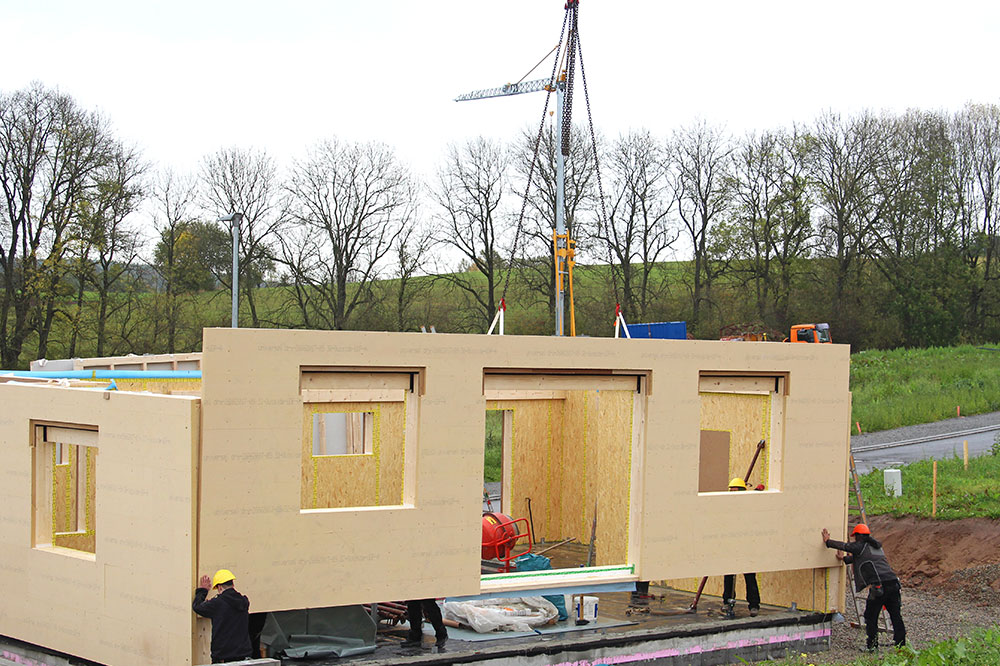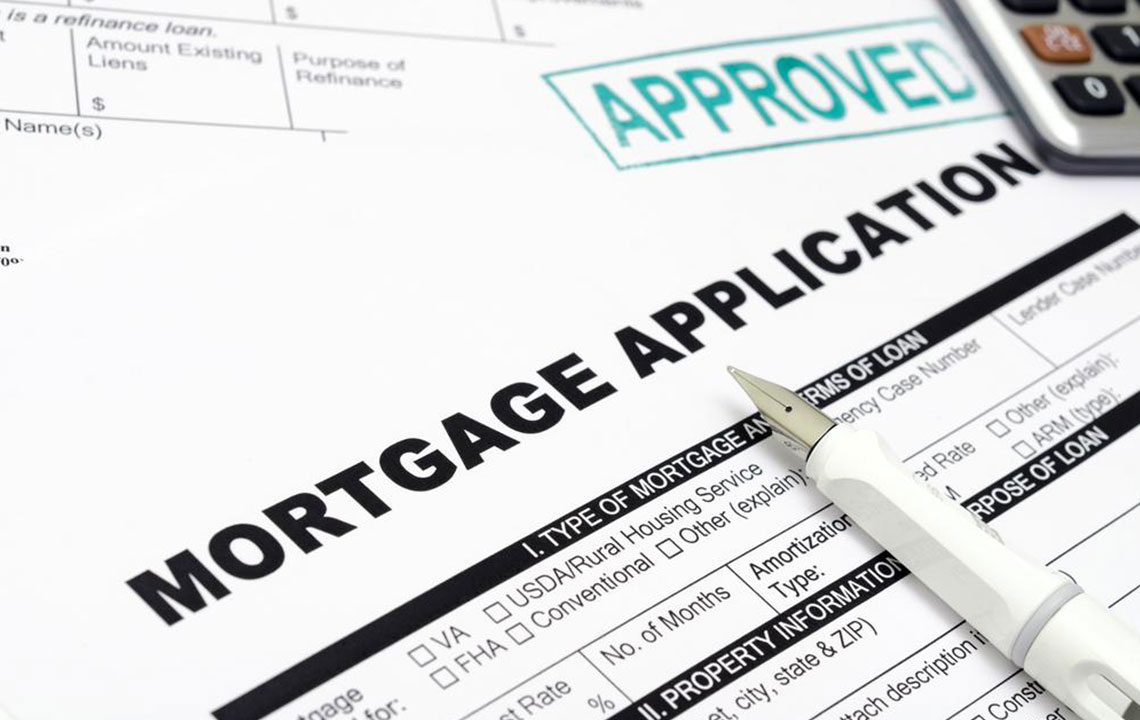Guide to Renting and Purchasing Homes via Rent-to-Own Agreements
Explore the comprehensive process of acquiring homes and trailers through rent-to-own agreements. This flexible approach helps individuals with credit challenges to eventually own property or vehicles, offering alternatives to traditional loans. Understand contract types, benefits, and key considerations for a smooth rent-to-own experience.
Understanding the Rent-to-Own Home Buying Process
Securing a home is a significant milestone, representing stability and future memories. Conventional home buying requires a hefty upfront payment and strong credit, which can be challenging for many. An alternative route is through a rent-to-own agreement, offering a flexible pathway to homeownership.
Key points about rent-to-own homes
What exactly is a rent-to-own agreement?
This type of contract allows renters to live in a property for a set period with the option to buy before the lease ends.

This arrangement benefits tenants by enabling inspection of the property beforehand, ensuring it’s free of issues and suitable for their needs. It’s particularly advantageous for individuals with imperfect credit, as it allows them to boost their credit score and savings during the rental period.
Difference Between Rent-to-Own and Traditional Rental Agreements
Typically, rent-to-own payments are higher than standard rent, with the excess contributing toward the eventual purchase. An agreed-upon option fee, often between 2-7% of the home’s value, secures the right to buy. If the property isn't purchased, the extra payments are lost, making it essential to assess the option carefully. This setup is especially suitable for those rebuilding credit or saving for a down payment.
Types of rent-to-own Contracts
The main varieties are lease-option and lease-purchase agreements.
Lease option
This involves paying an upfront fee, typically 2-7% of the home’s value, to secure the option to buy. Rent payments during this period may include credits toward the purchase price. The final sale price can be pre-negotiated or determined by market value, giving buyers flexibility.
Lease-purchase
Here, renters commit to purchasing the property by lease end, with the rent payments partly credited toward the purchase. The agreement specifies the purchase price upfront, providing clarity for both parties. This plan benefits those who need time to secure financing but involves risks if the buyer cannot qualify for a mortgage, potentially forfeiting their rent credits.
Rent-to-Own Trailers: Is It Possible?
Yes, rent-to-own options extend to various trailers, such as dump, tilt, gooseneck, cargo, and car haulers. These can be leased with monthly payments, which include the rental fee and credit towards the trailer’s purchase price. Contract durations typically range from 24 to 60 months.
Differences Between Renting and Financing Trailers
The rent-to-own method provides an alternative to traditional financing, which usually demands large deposits and loans. Defaults on payments in rent-to-own agreements can affect credit scores, but renters have the option to return trailers early without penalties if payments are maintained. This flexibility makes rent-to-own an appealing choice for those unsure about full ownership commitments.
Third-party agencies often facilitate rent-to-own programs for homes and trailers, assisting individuals with less-than-perfect credit. It’s crucial to review all contract terms carefully to avoid penalties or misunderstandings, ensuring a smooth path to ownership.










